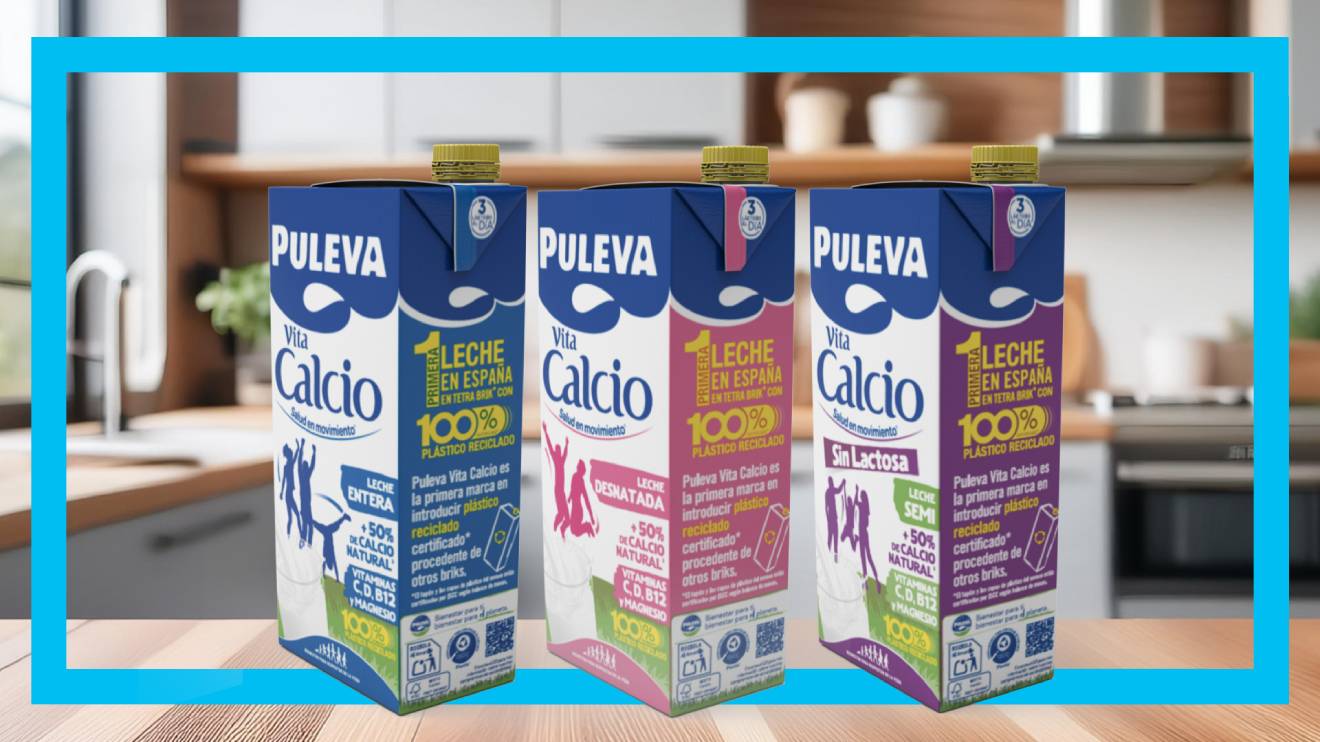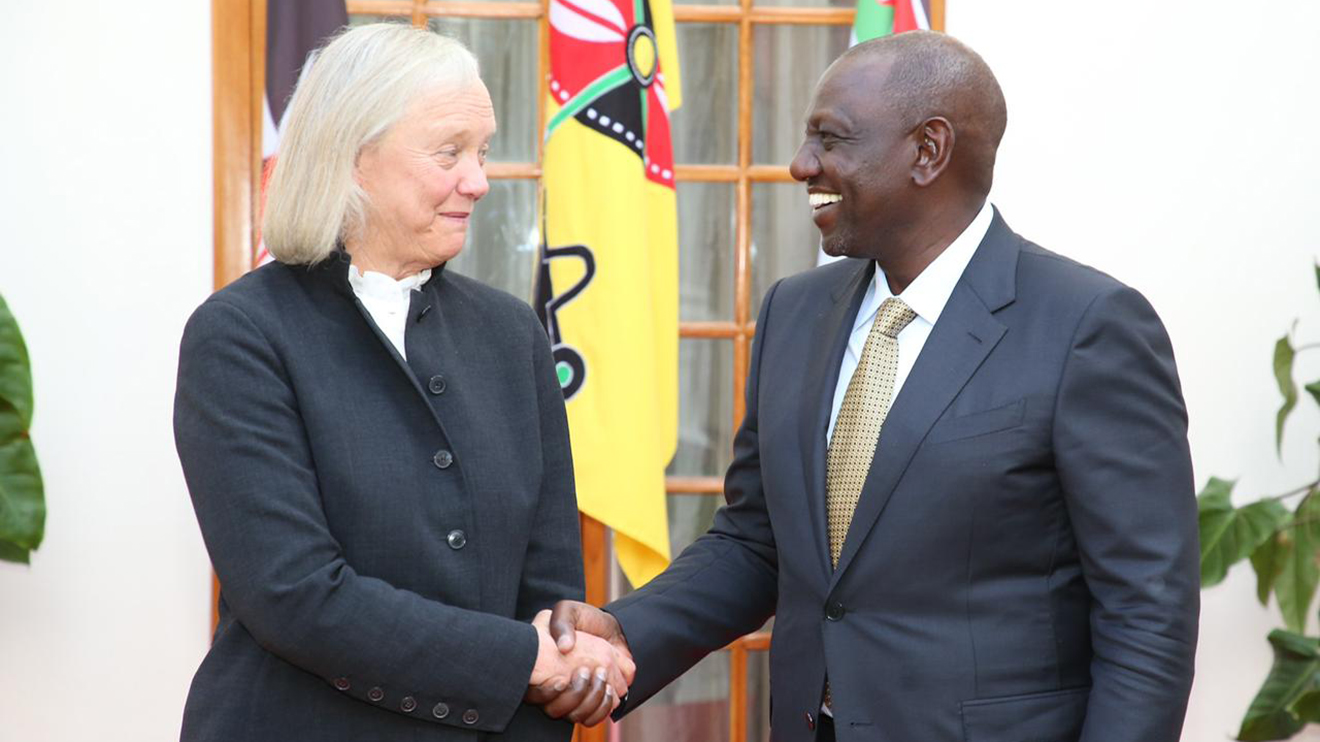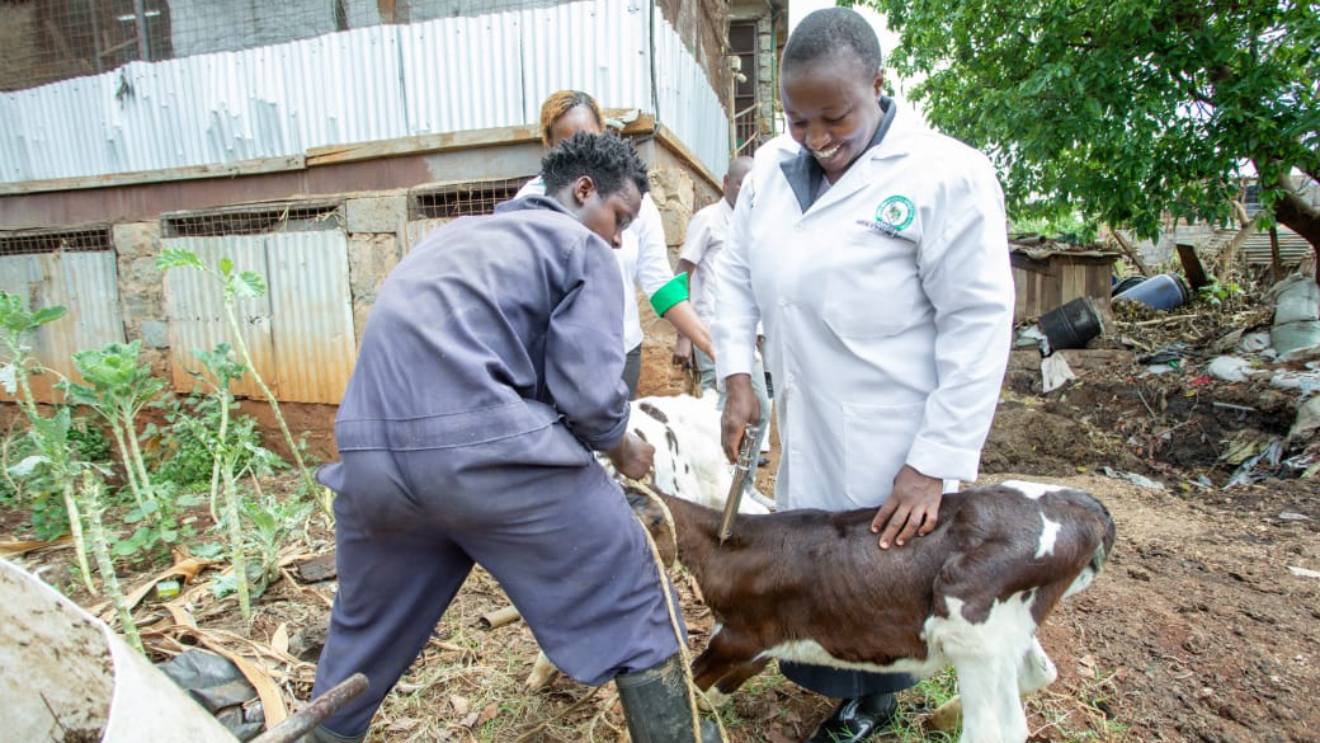Tetra Pak and Lactalis have broken new ground in the beverage carton industry by introducing a package containing certified recycled polymers derived from used beverage cartons.
This groundbreaking innovation marks a significant step towards a more sustainable future, reducing the industry's reliance on virgin, fossil-based materials.
The collaboration between the two industry leaders has resulted in the creation of a carton package certified by ISCC PLUS, confirming its origin from the recycling process of used beverage cartons in Spain.
This achievement is made possible through a mass balance attribution method, which ensures that the certified recycled polymers are sourced and tracked throughout the supply chain.
By incorporating certified recycled polymers, Lactalis and Tetra Pak are not only minimizing their environmental impact but also responding to the growing consumer demand for sustainable packaging solutions.
Read More
A recent Tetra Pak study revealed that a substantial 78 per cent of consumers express concern over plastic waste, with 29 per cent actively seeking products packaged in recycled materials.
Lactalis Iberia's Purchasing Director, Joël Llovera, emphasized the shared vision and commitment to environmental stewardship that drove this partnership.
"Our collaboration with Tetra Pak is rooted in a shared vision and commitment to environmental stewardship for future generations, facilitated by circular economy principles," Llovera stated.
"Packaging innovation plays a crucial role in this endeavor. We are dedicated to sustainable progress."
Llovera added that transitioning from fossil-based polymers to recycled ones, certified by ISCC PLUS as linked to used beverage cartons, represents a significant stride towards our objective.
Marco Marchetti, Vice President Packaging Materials, Sales and Distribution Solutions at Tetra Pak, added that scaling up the adoption of certified recycled polymers requires collective action across the entire industry.
"Increasing the usage of renewable and recycled resources in packaging is critical if we are to help food and beverage producers realise material circularity, turning waste into new resources and lowering reliance on virgin, fossil-based materials," Marchetti stated.
"To scale up the adoption of certified recycled polymers in food packaging, we need collective action across the entire system and enabling legislation. Scientists, policymakers, recyclers, industry players and others must work together to turn challenges into opportunities, as shown by our world-first introduction with Lactalis."
Lactalis' Puleva dairy range, which includes various milk products, will be the first to feature innovative packaging.
This move aligns with the company's broader sustainability goals, including reducing its carbon footprint and promoting animal welfare.
As consumer awareness and expectations continue to evolve, initiatives like this one demonstrate the industry's potential to drive positive change and contribute to a more sustainable future.
By embracing circular economy principles and investing in innovative packaging solutions, Lactalis and Tetra Pak are setting a new standard for the beverage carton industry.


-1731583283.jpg)
-1731566290.jpg)






-1731594885.jpg)
